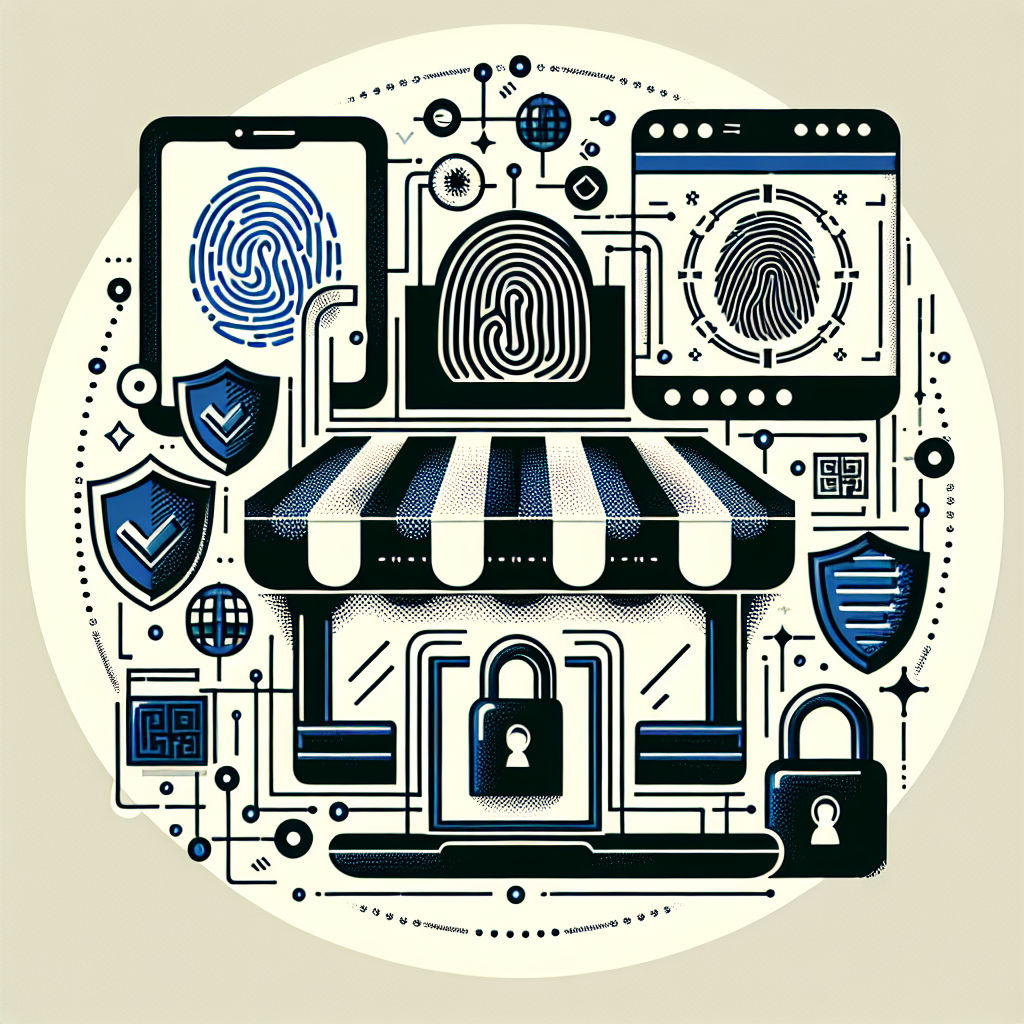
E-commerce Security: Protecting Your Online Business and Customer Data
Online shopping has become increasingly popular in recent years, with more and more businesses shifting their focus to e-commerce platforms. While this shift offers numerous benefits, such as increased reach and convenience, it also comes with its own set of challenges. One of the most critical challenges facing online businesses today is ensuring the security of both their own data and that of their customers. In this article, we will explore the importance of e-commerce security and provide tips on how to protect your online business and customer data.
The Importance of E-commerce Security
Security breaches can have devastating consequences for e-commerce businesses. Not only can they result in financial losses due to fraud and stolen data, but they can also damage a company’s reputation and erode customer trust. With cybercrime on the rise, it is more important than ever for online businesses to prioritize e-commerce security.
Types of Security Threats
There are various types of security threats that e-commerce businesses need to be aware of, including:
- Phishing attacks
- Malware
- SQL injection
- DDoS attacks
- Data breaches
Each of these threats poses a different risk to your online business and customer data, highlighting the need for a comprehensive security strategy.
Protecting Your Online Business and Customer Data
Implementing SSL Certificates
One of the first steps in securing your e-commerce website is to implement SSL certificates. SSL (Secure Sockets Layer) encrypts the connection between your website and your customers’ browsers, ensuring that data transmitted between the two is secure. This not only protects your customers’ personal information but also helps to build trust and credibility with your audience.
Using a Secure Payment Gateway
Another crucial aspect of e-commerce security is using a secure payment gateway. Payment gateways encrypt payment information, such as credit card details, before transmitting it to the payment processor. By using a reputable payment gateway, you can ensure that your customers’ financial information is protected from cyber threats.
Regular Security Audits
Regular security audits are essential for maintaining the security of your e-commerce website. By conducting routine scans and assessments, you can identify and address vulnerabilities before they are exploited by cybercriminals. This proactive approach can help prevent security breaches and protect your online business and customer data.
FAQs
Q: What is two-factor authentication, and how does it enhance e-commerce security?
A: Two-factor authentication adds an extra layer of security by requiring users to provide two forms of identification before accessing their accounts. This helps to prevent unauthorized access and protect sensitive information.
Q: How can I ensure that my e-commerce platform is PCI DSS compliant?
A: To ensure PCI DSS compliance, you must follow the security standards set by the Payment Card Industry Data Security Standard. This includes maintaining a secure network, protecting cardholder data, implementing strong access controls, regularly monitoring and testing networks, and maintaining an information security policy.
Conclusion
Protecting your online business and customer data is paramount in today’s digital landscape. By implementing robust security measures, such as SSL certificates, secure payment gateways, and regular security audits, you can safeguard your e-commerce platform from cyber threats and build trust with your customers. Remember, investing in e-commerce security is an investment in the long-term success and reputation of your online business.






